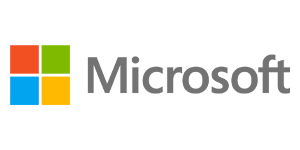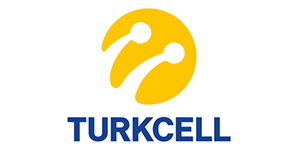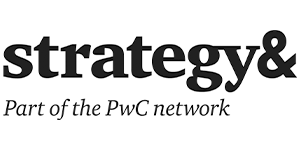Agentic AI Summit
The future of AI is predictive, proactive and autonomous. Agentic AI – intelligent systems that make decisions, learn interactively and act without direct human command – is fundamentally reshaping industries, pioneering new business models and revenue streams.
This summit dives into how agentic AI drives transformation, fuelled by a dynamic ecosystem in which technology innovators and telecommunications providers collaborate. We'll explore industry case studies to showcase autonomous AI in action, from network optimisation to fault finding and fixing, and from new intelligent customer service to new service opportunities accessible by more people.
We'll examine key advancements including telco-specific LLMs, multi-agent systems, and autonomous architectures enhancing productivity. Crucially, as AI gains independence, we’ll address safety, governance and ethics. Experts will discuss balancing automation with human oversight, ensuring alignment with our values.
Join us to navigate the agentic future, unlocking unprecedented agility, innovation, and customer value through new operational paradigms. Essential for leaders and technologists across the tech, telco and enterprise landscape, aiming to lead in the age of intelligent automation.
Quotient AI by Oliver Wyman can add real results to your business. Find out more about intelligent solutions at the MWC Doha Agentic AI summit.
Sessions:
Agentic AI Summit - New Rules, New Roles: Agentic AI Reshaping MENA’s Telecom Ecosystem
Agentic AI Summit - From Science Fiction to Strategy: Agentic AI Transforming MENA’s Connected Ecosystem
Read 'Policy to practice: how Qatar is writing the playbook for agentic AI'








